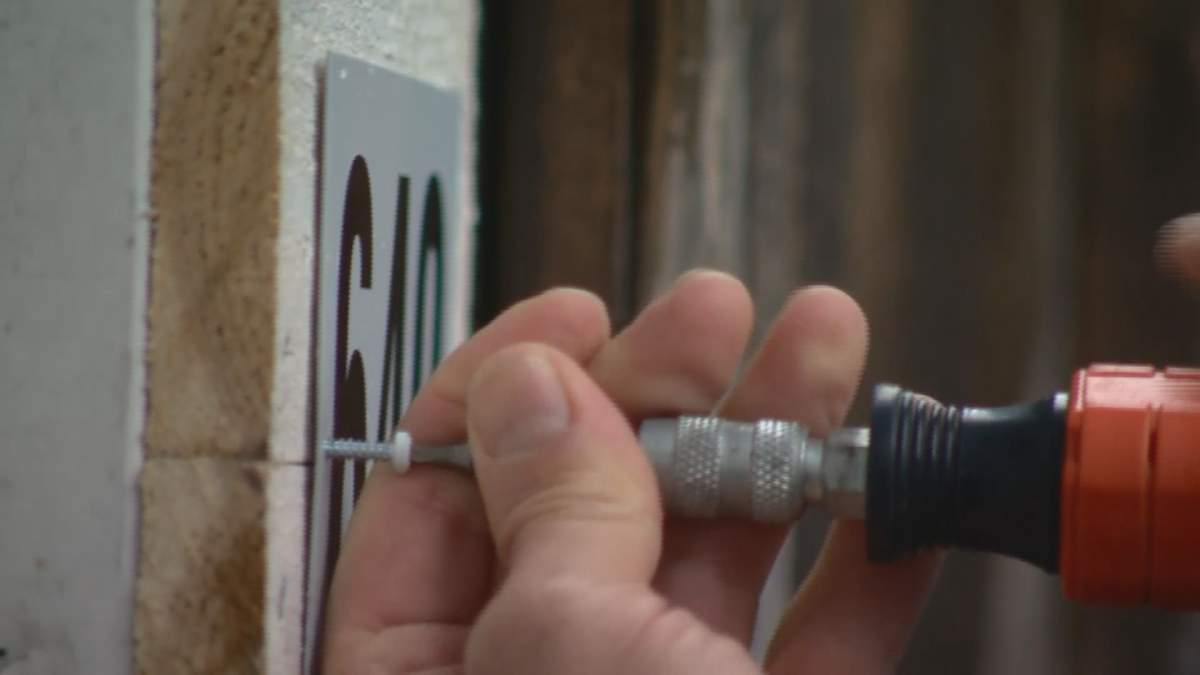Hundreds of Strathcona residents will be given free address plates as part of a new Vancouver police program aimed at improving response times.

Dubbed “Project Landmark,” the initiative urges the roughly 400 neighbourhood residents to install the signs in their laneways to help first responders find the right address during an emergency.
“There are many situations when police officers, firefighters, or paramedics need to find your home from the alley,” Deputy Chief Const. Howard Chow said in a statement.
“The moments wasted going to the front of the house could mean the difference between life and death.”
The plates will be distributed by volunteers from the Strathcona Community Policing Centre with support from the Vancouver Police Foundation.

Get weekly health news
According to an informal police audit of the neighbourhood — which stretches from Vernon Avenue to Gore Avenue, and Pender Street to Atlantic Street — 419 of the 570 homes within the boundary did not have an address displayed in the rear laneway.
Overdose Prevention Society’s Sarah Blyth says this project is particularly important during the overdose crisis.
“Minutes without oxygen can mean death and it can also mean long-term disability,” Blyth said Thursday.
According to the Government of Canada, over 1,100 people died from apparent opioid-related deaths in B.C. between January and September of 2018.
Vancouver city bylaws do not require an address to be visible in the back of homes.
WATCH: Night vision technology now available in BC air ambulance helicopters (2018)










Comments